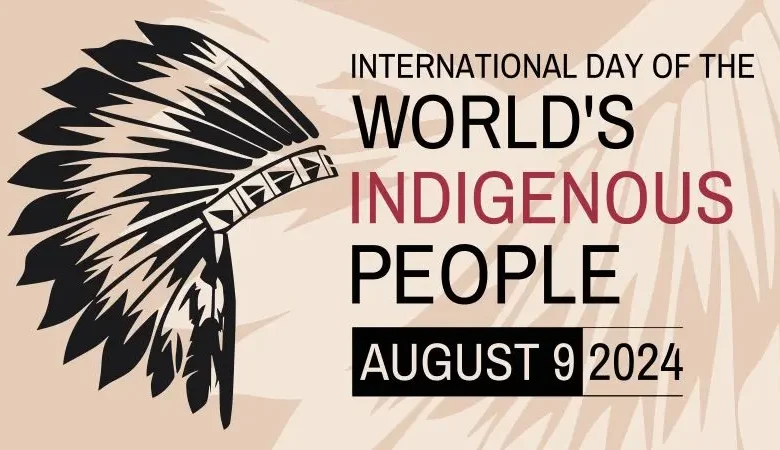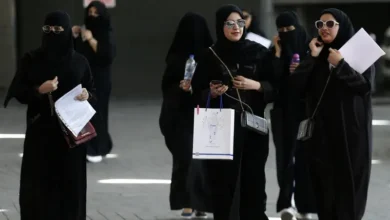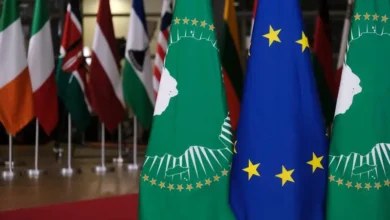International Day of the World’s Indigenous Peoples

The International Day of the World’s Indigenous Peoples is observed annually on August 9th. Established by the United Nations General Assembly in December 1994, this day marks the first meeting of the UN Working Group on Indigenous Populations in 1982.
It serves as a global occasion to recognize and celebrate the rich cultural diversity, unique traditions, and profound contributions of indigenous peoples around the world.
Indigenous peoples are the original inhabitants of their lands, often having lived there for thousands of years before the arrival of settlers. Despite their deep connection to the land and their pivotal role in preserving ecosystems, indigenous communities have historically faced marginalization, dispossession, and human rights violations. Today, they remain among the most disadvantaged and vulnerable groups globally, frequently struggling with issues such as poverty, loss of traditional lands, and cultural erosion.
The International Day of the World’s Indigenous Peoples aims to raise awareness of these challenges and to promote the protection and promotion of indigenous rights as enshrined in the UN Declaration on the Rights of Indigenous Peoples. The day also highlights the importance of preserving indigenous languages, many of which are endangered. Language is a cornerstone of cultural identity, and losing these languages means losing invaluable knowledge and worldviews.
Each year, the UN selects a theme for the day to focus global attention on specific issues facing indigenous communities. For example, themes have included “Indigenous Peoples’ Right to Education,” “Indigenous Languages,” and “Leaving No One Behind: Indigenous Peoples and the Call for a New Social Contract.”
On this day, various events and activities are organized worldwide, including cultural performances, panel discussions, educational campaigns, and social media initiatives. These activities not only celebrate the resilience and contributions of indigenous peoples but also serve as a call to action for governments, organizations, and individuals to support indigenous rights and work towards more inclusive societies.
The International Day of the World’s Indigenous Peoples is a reminder of the importance of respecting and honoring the diversity of human cultures and the knowledge systems that indigenous peoples have safeguarded for generations. It is a day to stand in solidarity with indigenous communities and to advocate for their rights and well-being.










